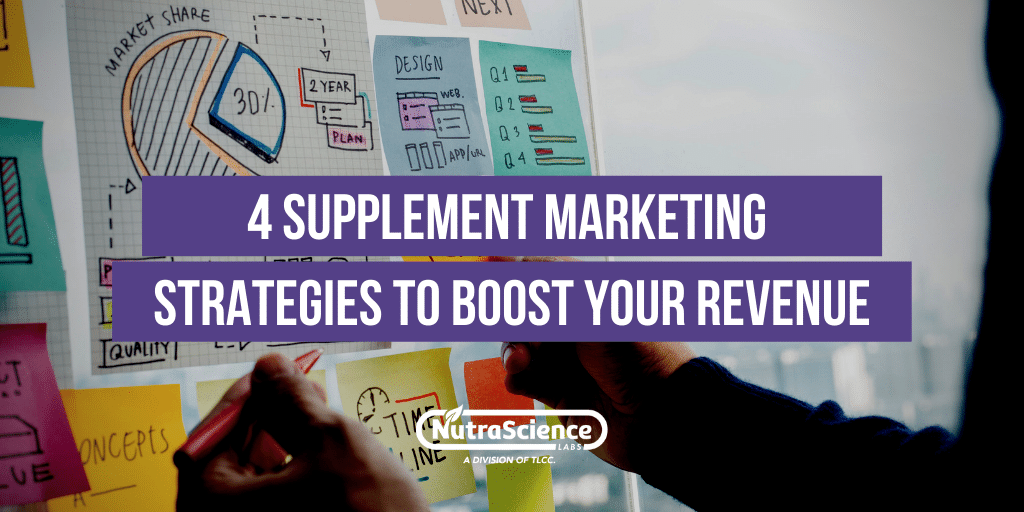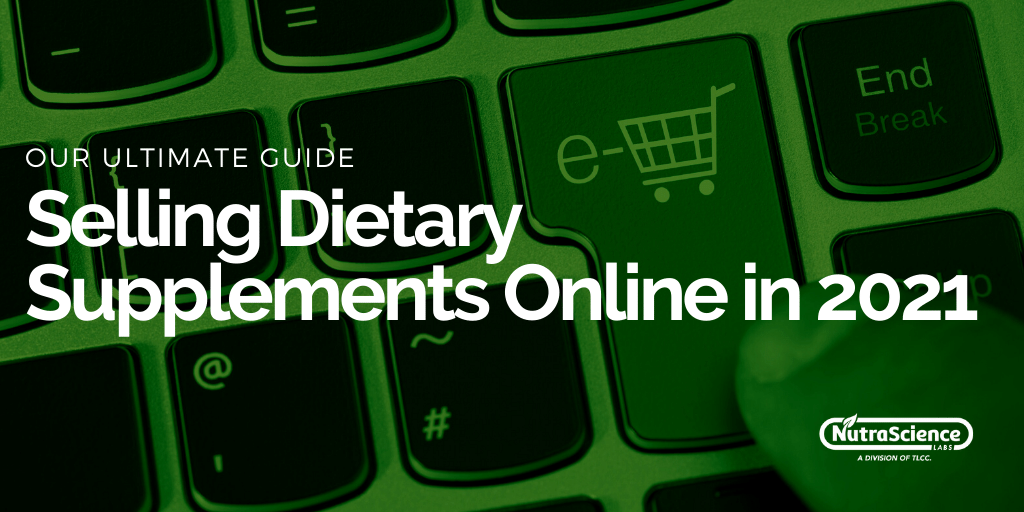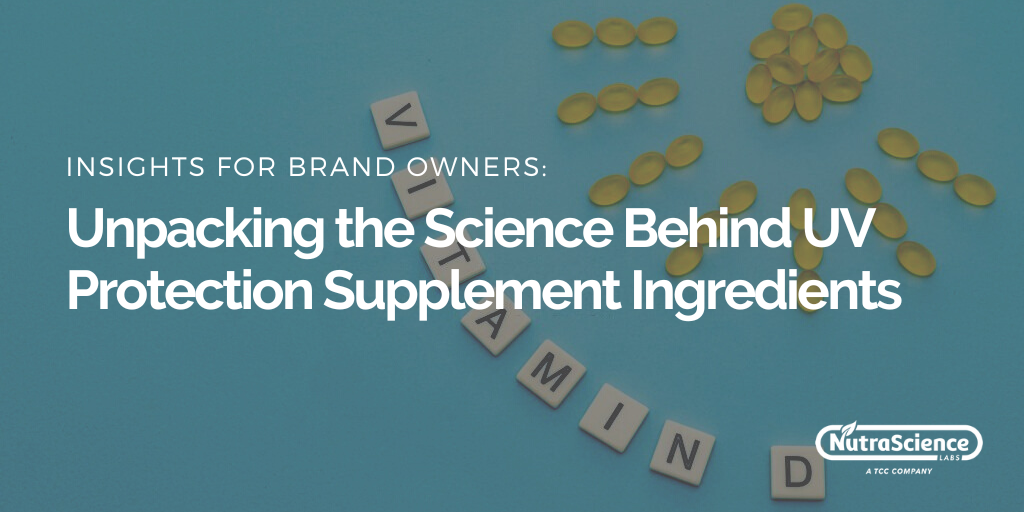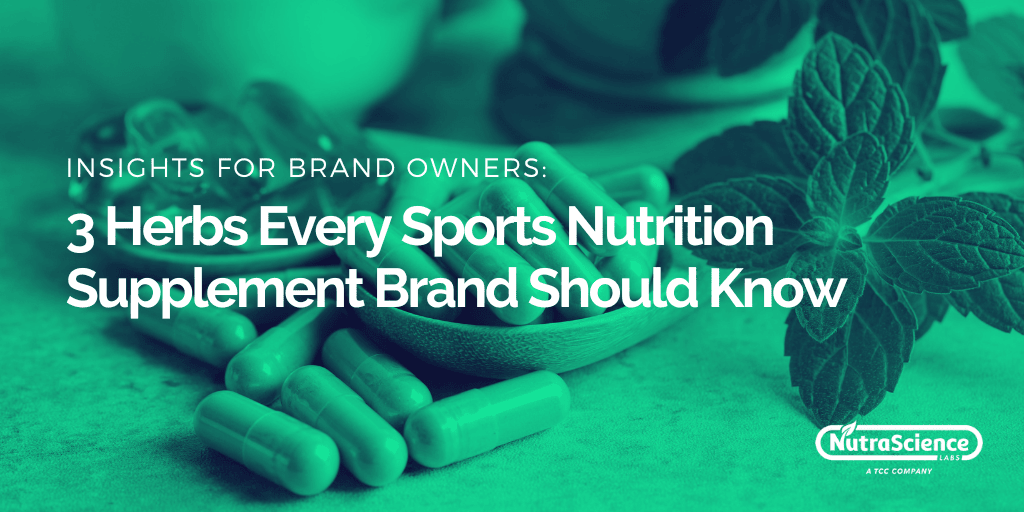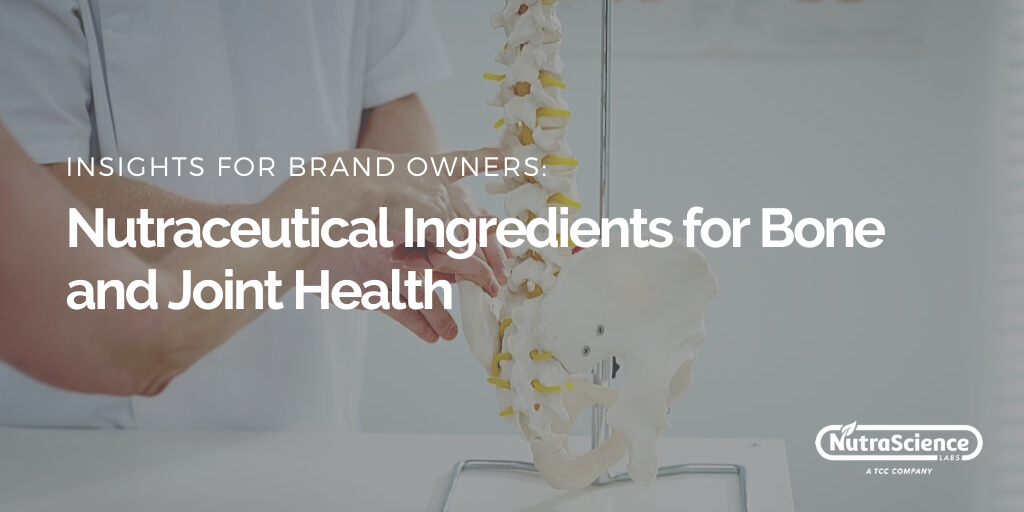Omega-3 May Support Mood and Brain Health
Omega-3 Support Mood and Brain Health
Several studies include the use of a combination of docosahexaenoic acid (DHA) and eicosapentaenoic (EPA), two important omega-3 fatty acids, to improve brain function. Evidence from such research not only suggests benefits of omega-3’s mood enhancer properties, but scientists believe a regular intake of DHA and EPA may help to support brain health. In healthy people, omega-3 intake may provide proactive nutritional support to protect and promote healthy brain functions.
A recent study published in the British Journal only serves to bolster the already existing body of evidence that proposes the benefits of omega-3 for mood, behavior, cognitive and mental health. The six-month randomized controlled trial studied the effects of DHA and EPA on mood, quality of life, memory and executive function in older adults with mild cognitive impairment. The study was conducted with 50 participants, less than 65 years of age. Participants were given a DHA, EPA or the omega-6 linoleic acid (LA) daily.
At the end of the study, both the EPA and the DHA group showed improvement. The improvements were observed to be more significant in the group that took the DHA-enriched supplement. Participants who were given enriched-DHA supplements were also observed to have self-reported improved physical health. Researchers also noted an increase in DHA and EPA benefited mental health in older people with mild cognitive impairment. It was suggested that increasing omega-3 benefits brain function and may help improve mood too.
How do Omega-3 Fatty Acids Help the Brain?
Omega-3 fatty acids are polyunsaturated fatty acids (PUFA). PUFAs are integral membrane lipids. They help to maintain the structure and function of neuronal membranes, membrane associated proteins and protein complexes. Supplementing with omega-3 incorporates PUFA into neuronal membranes thus lowering the total cholesterol fraction. This leads to increased fluidity in the membrane which is important for promoting synaptic plasticity. Synaptic plasticity is considered to be essential for learning, memory and other complex cognitive processes. DHA levels in the hippocampus have been directly associated with dietary intake. Higher levels of DHA in this region of the brain have been shown to enhance hippocampal-dependent learning processes. Apparently, omega 3’s mood booster ability is just one of its many other benefits, a major one being its role in sharpening learning and cognitive skills.
Health Benefits of Consuming Omega-3 Fatty Acids
The evidence from research studies on omega-3 fatty acids have indicated the following health benefits:
- Supporting cardiovascular health
- Supporting the immune system
- Supporting joint health
- Maintaining healthy glucose levels
- Eye health
- Skin health
- Healthy development of the fetus during pregnancy
- Promotes immunity
Manufacturing Omega 3 Supplements with NutraScience Labs
The global omega-3 supplements market size is expected to reach a value of USD 57.06 billion by 2025. Delivery of specific benefits of omega-3 for mood and mental health is possible only through pure-quality omega-3 supplements. Omega-3 benefits can be delivered from a variety of sources such as fish oil, krill oil or vegetarian sources, such as algae.
NutraScience Labs can help you formulate the ideal serving size of DHA and EPA to meet your customers' cognitive health needs. We can also help you design the perfect formula to deliver other well-known benefits of omega-3 to your customers.
For more information on our supplement manufacturing services, call (855) 492-7388 or (631) 247-0660 to speak with one of our knowledgeable Production Specialists or you may submit your request to receive a free quote from us in 48 business hours.
References:
1. British Journal of Nutrition. British Journal of Nutrition, FirstView Article, Copyright The Authors 2011, DOI: 10.1017/S0007114511004788 (About DOI), Published online: 20 September 2011.
2. http://www.ncbi.nlm.nih.gov/pmc/articles/PMC2854051/
3. http://nccam.nih.gov/health/omega3/introduction.htm#jump2
4. Arch Ophthalmol. 2011;129(7):921-929. doi:10.1001/archophthalmol.2011.34.
5. http://www.ncbi.nlm.nih.gov/pubmed/19609891
6. http://www.ncbi.nlm.nih.gov/pmc/articles/PMC2621042/
7. http://pediatrics.aappublications.org/content/early/2011/07/28/peds.2010-1386.abstract





